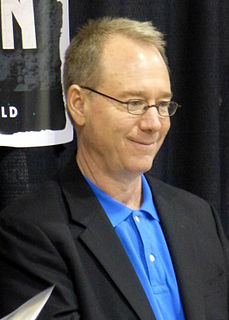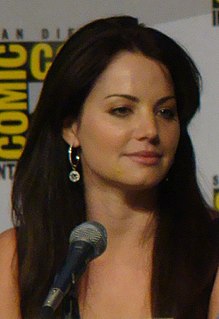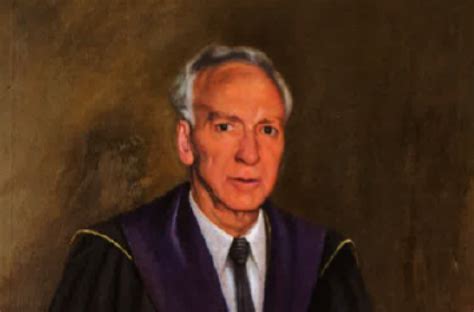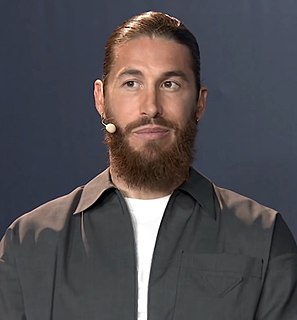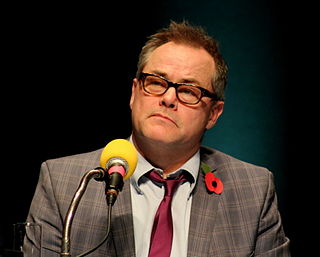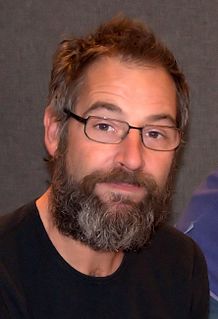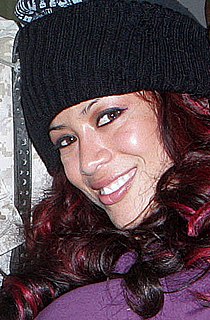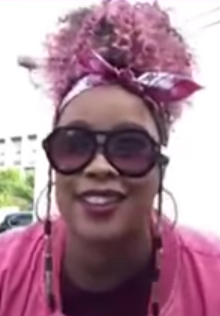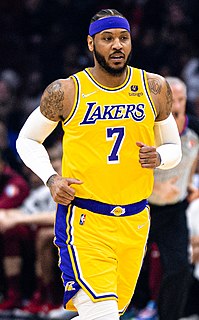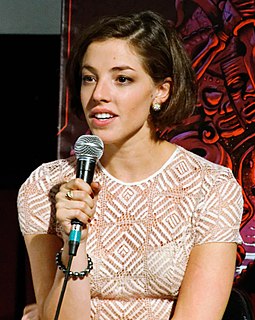A Quote by Rodney Dangerfield
When I got back into show business in 1961, I felt - for obvious reasons - that nothing in my life went right, and I realized that millions of people felt the same way. So when I first came
back my catch phrase was "nothing goes right." Early on, that was my setup for a lot of jokes.
Related Quotes
Eventually I got asked to be in a Michael J. Fox sitcom called High School U.S.A. I didn’t think it was funny and said no. They doubled the money, and that kind of offended me. I realized, oh, that’s right, my opinion means nothing in Hollywood. I’d seen other people compromise, and I felt that once you gave up on what you wanted to do, you couldn’t go back. It was selling out. So I decided to go back to Minneapolis.
In the Irish Revival of 1859, people became so weak that they
could not get back to their homes. Men and women would fall by
the wayside and would be found hours later pleading with God to
save their souls. They felt that they were slipping into hell and that
nothing else in life mattered but to get right with God... To them
eternity meant everything. Nothing else was of any consequence.
They felt that if God did not have mercy on them and save them,
they were doomed for all time to come.
Not that I ever felt the necessity of proving that all human beings suffer the same way, feel joy the same way, but it happened on my way - when I get close to these people, just by the simple intervention of translation I can actually reach them and ask them something, and their reaction is as I expected. I see that the relationship goes so smoothly, and I realize that cultural languages and specificities are nothing but simple obstacles that you can easily overcome. It's obvious that human beings are the same wherever they are.
I did this campaign that was called "Back to the Basics" where I went back to the street, went back to my block, and really felt the people. We've got to go back to that sometimes. We distance ourselves from that and we see it from afar. Some people can't relate back to that; once you're out of it, they don't want to relate back to that. It's always good to get back to the basics, though. You've got to touch the roots, you've got to touch those people. Regardless of what's going on, people always respect that.

